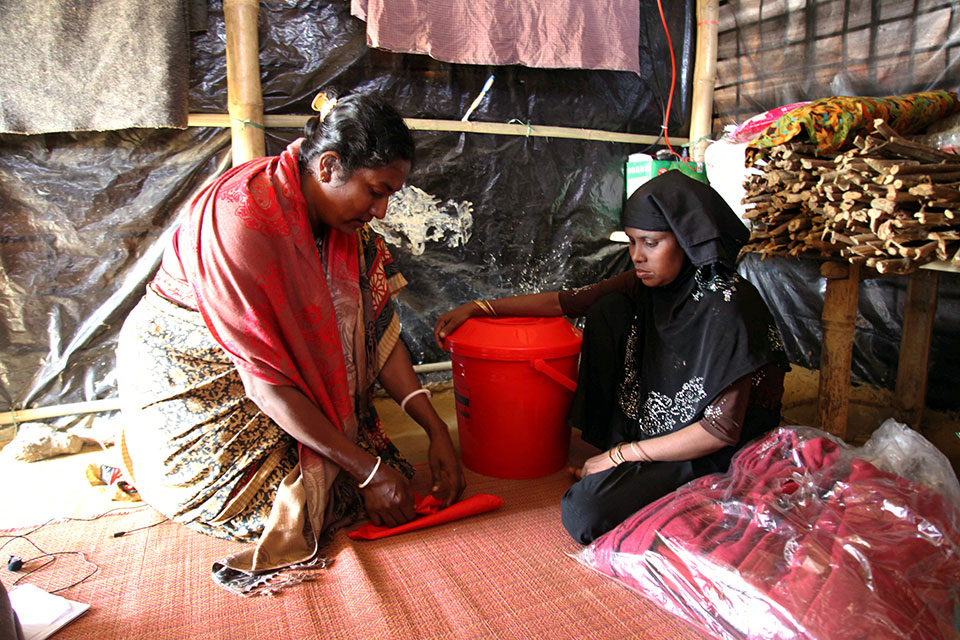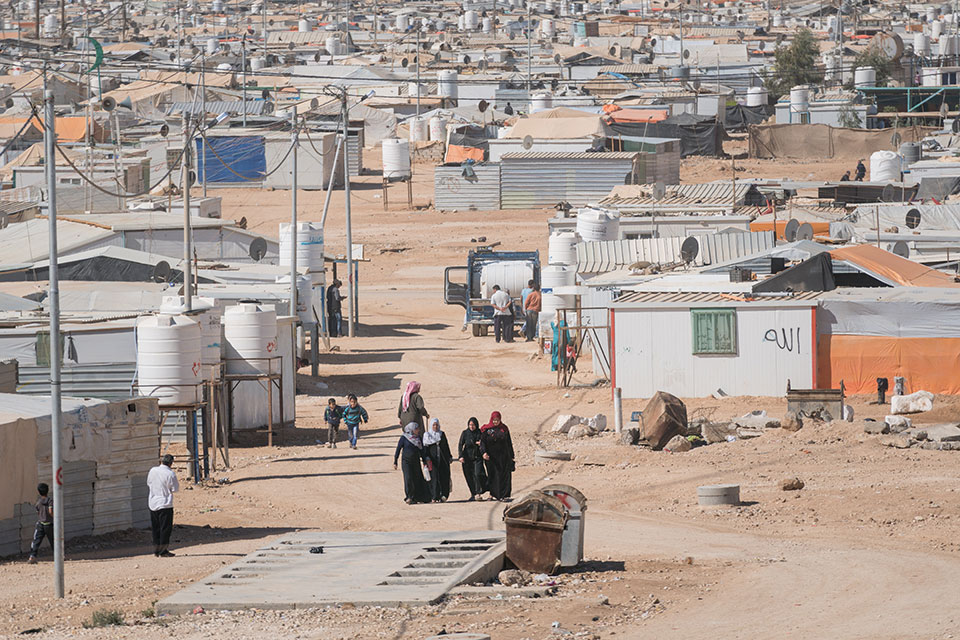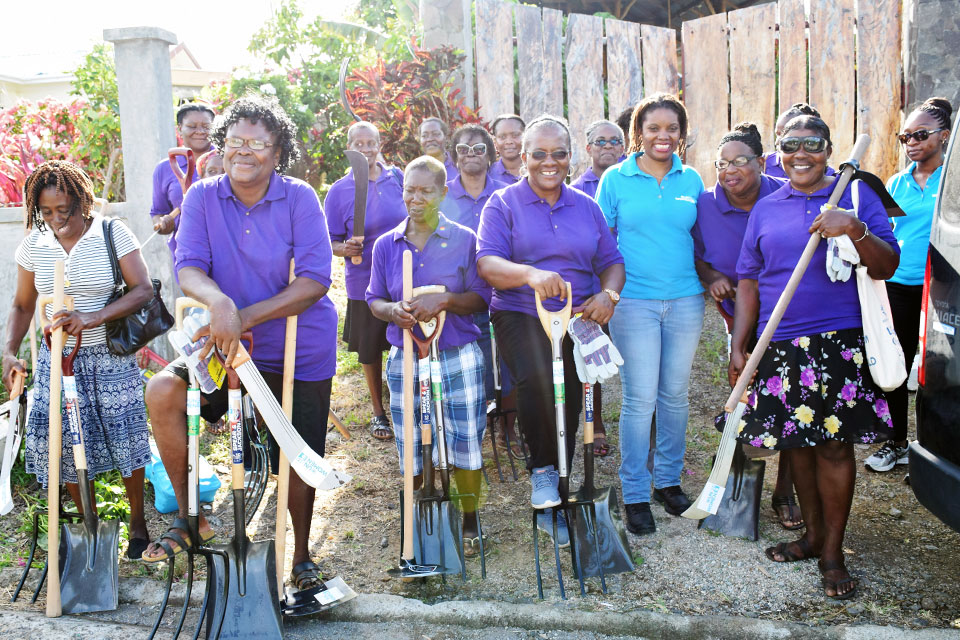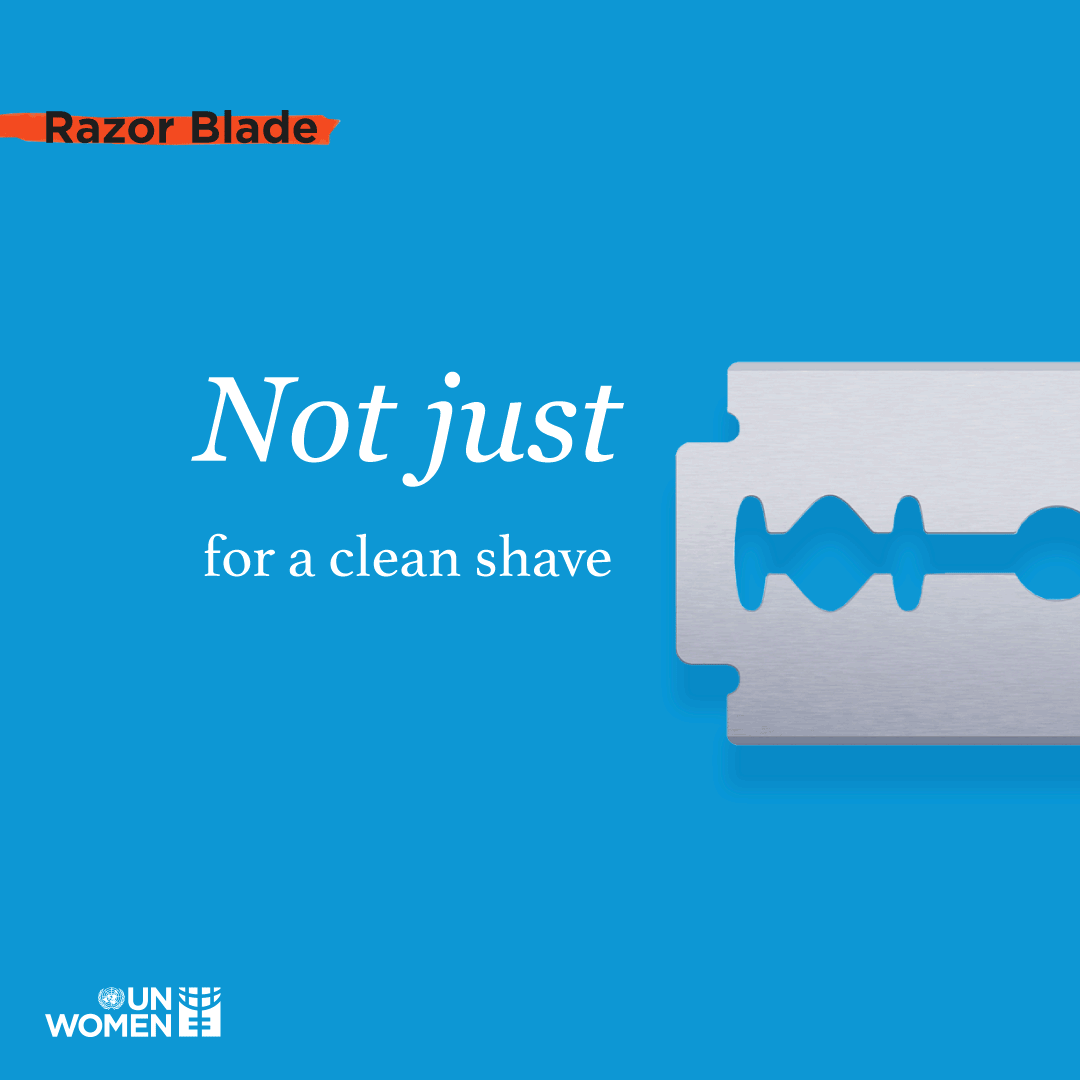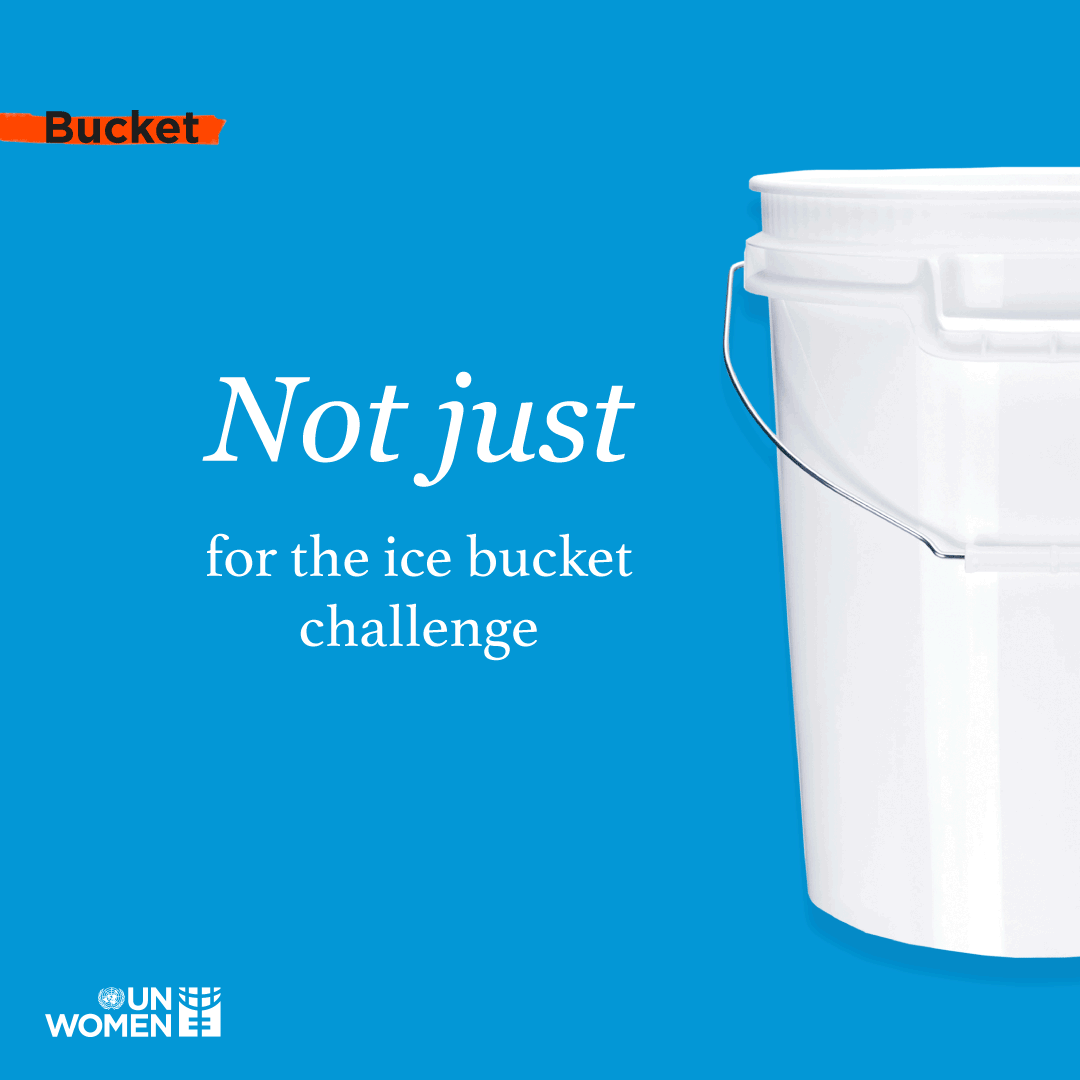In Focus: World Humanitarian Day 2018
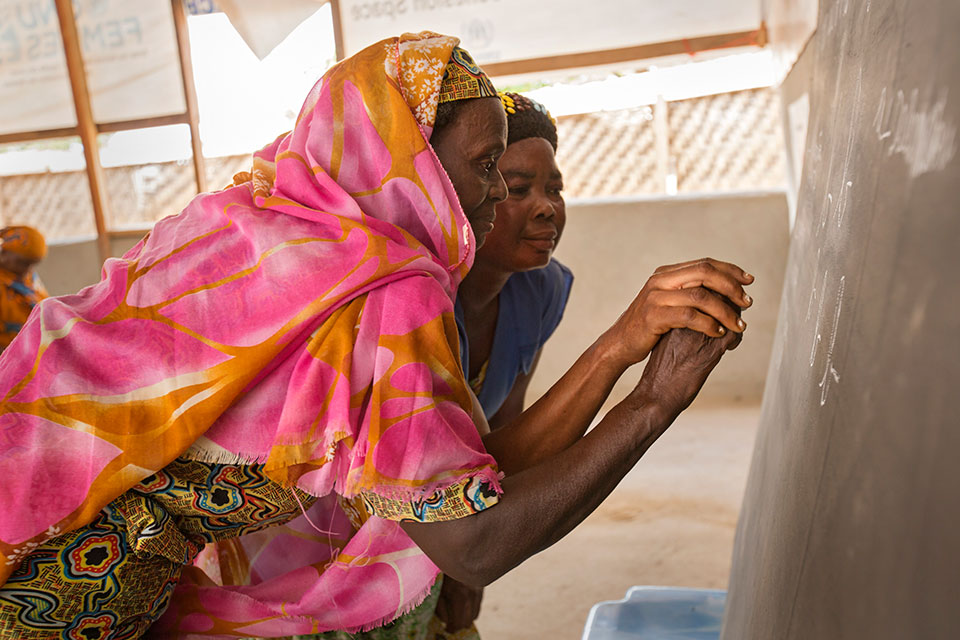
Top stories | Video | Infographic | Social
The invisible wounds to women and girls damage all of us
In a joint statement for World Humanitarian Day, Phumzile Mlambo-Ngcuka, UN Women Executive Director and Christos Stylianides, European Commissioner for Humanitarian Aid and Crisis Management, call for special attention to the extensive gender-based violence taking place during situations of conflict and disaster. Read more►
Today, an unprecedent number of people live in crisis situations. In every region of the world, natural disasters, armed conflict, violent persecution and disease outbreaks have uprooted millions of people. The length of their displacement is becoming longer, entire generations of children are growing up stateless, in refugee camps. The United Nations is galvanizing support to protect all civilians in conflict through #NotaTarget campaign.
While everyone suffers in crises, women and girls experience unique risks. All forms of gender-based violence against women and girls spike during disasters and conflict; rates of girls dropping out of school or getting married too early may also rise. Crisis often hit women’s livelihoods hardest, in part because they tend to work in informal sectors more. Sixty per cent of all maternal deaths take place in humanitarian settings and 1 in 5 refugees or displaced women have experienced sexual violence. For more data, see our infographic.
But women and girls are far more than victims of a crisis; they are vital to their community’s recovery and resilience.
On World Humanitarian Day, 19 August, we bring you updates on two of the world’s most pressing crises: the Syria emergency and the Rohingya emergency, and a glimpse at what happened in the aftermath of the hurricanes in the Caribbean.
Top stories
Nearly one million Rohingya refugees are in Bangladesh now
There are nearly 1 million Rohingya refugees in Cox’s Bazar now, and the majority of them are women and girls. The Rohingya, an ethnic group from Myanmar, are now at the centre of one of the fastest-growing refugee crises in the world.
Women of Syria, eight years into the crisis
The humanitarian crisis in Syria has devastating consequences for women and girls. From food insecurity to loss of educational opportunities, lack of safe water or health services, and high rates of gender-based violence, women and girls are facing the brunt of the crisis.
Restoring dignity and livelihoods after crisis in the Caribbean
Nearly a year ago, catastrophic hurricanes devastated the Caribbean. After Hurricane Irma, almost the entire population of Barbuda, was driven to its twin island of Antigua. In Dominica, Hurricane Maria wiped out crops, equipment and infrastructure.
Video: A Syrian refugee in Lebanon – UN Women’s second virtual reality film
Step into the world of urban refugees, and follow one family as they navigate their new reality after a harrowing flight from Syria.
Six essential objects for refugee women and girls
Today, 50 per cent of refugees uprooted from their homes from conflict, persecution or natural disasters are women and girls. Take a look at some of the objects that give women and girls agency and secure their health, dignity and rights. See more►
Social media
Every disaster affects women. Every response must include women. They are #NotATarget.
Help us spread the word and show your support for the civilians trapped in conflict using #NotATarget (English), #NoSonUnObjetivo (Spanish) and #PasUneCible (French).
A social media package with graphics and suggested messages in multiple languages can be found here.
Tweet #NotATargetFollow us:
@un_women, @onumujeres, @onufemmes, @phumzileunwomen, @sayno_unite on Twitter
UN Women, ONU Mujeres, ONU Femmes, Say NO - UNiTE on Facebook
UN Women on Google+
UN Women on Instagram
UN Women on SnapchatUN Women on LinkedIn
UN Women on Pinterest
See our coverage of women in humanitarian action in 2016 and 2017
